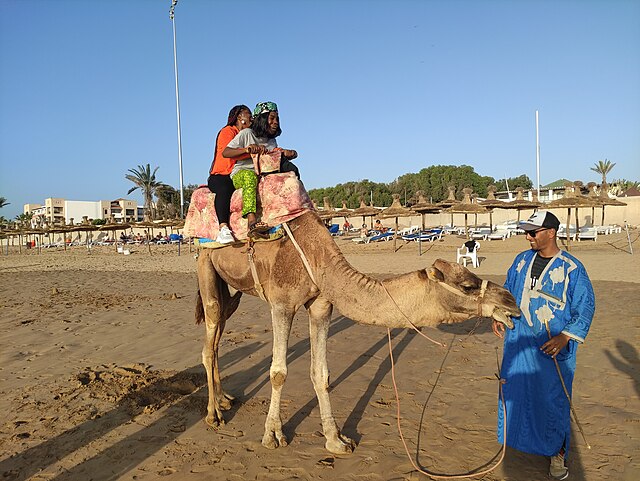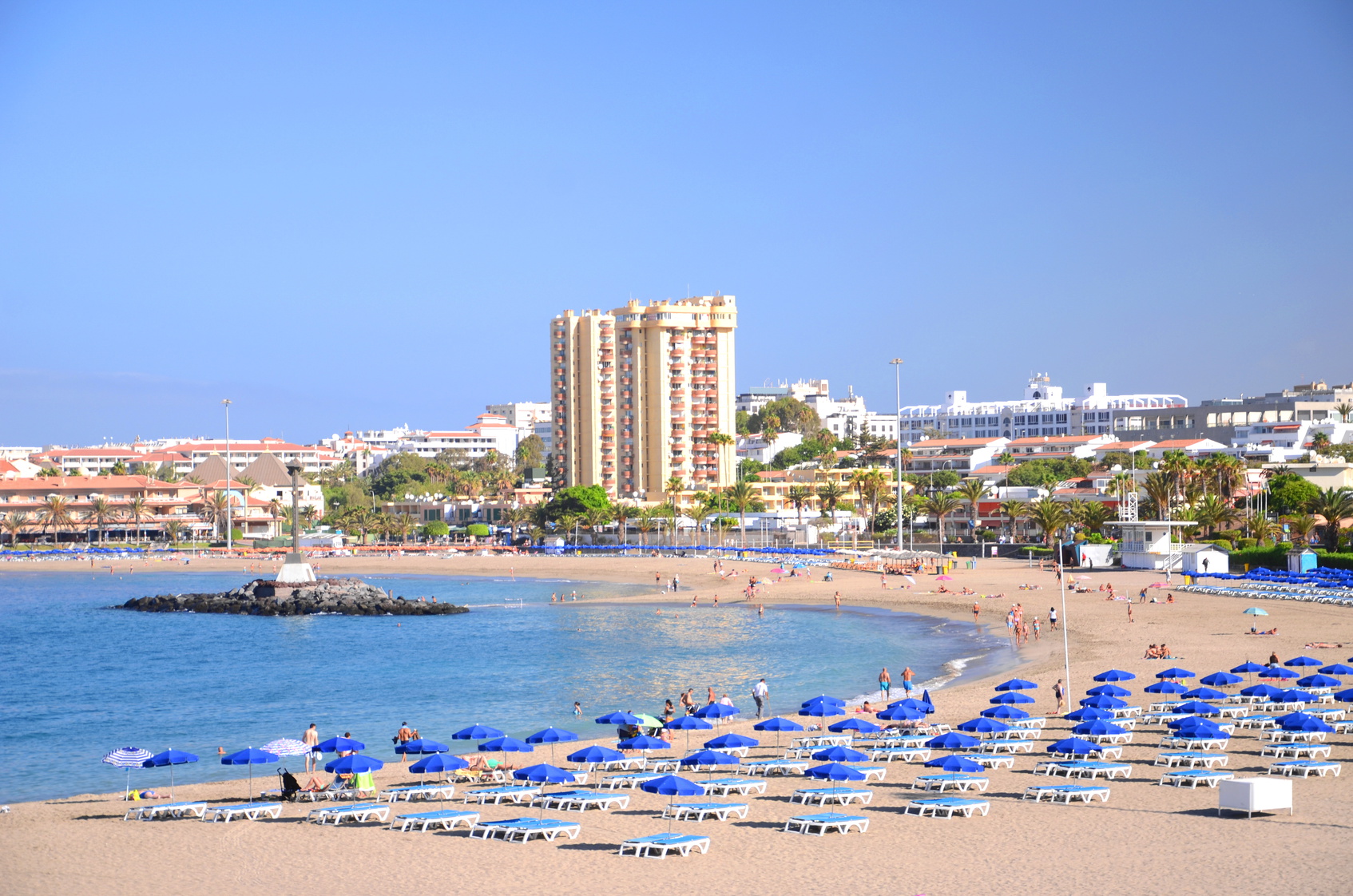The Dead Sea, at 423 metres (1388 feet) below sea level is the lowest point on earth. This unique lake, whilst not the saltiest in the world, is renowned for the therapeutic benefits of its water, its mud and the sun’s rays. However, it is the deepest hypersaline lake, reaching a depth of 377 meters (1237 feet) at its deepest point.
Situated in the Judean Desert, the Dead Sea is an endorheic lake. In other words, water flows in but there is no natural outlet. As a result, for millions of years the water entering the lake has, due to the area’s intense heat, been evaporating, leaving behind a rich concentration of salts and minerals and a body of water that is so saline (33.7%) that nothing living, apart from some bacteria and micro-organisms, can survive in it.
From a Lifeless Environment Comes Health & Beauty
For thousands of years, the Dead Sea has been known for its health benefits. According to tradition, the Queen of Sheba, Mark Anthony, Cleopatra and King Herod visited the Sea to bathe in its waters and use its mineral rich muds. According to some sources, the Egyptians extracted minerals and salts from the Dead Sea to use in the mummification process and the abundant supplies of potash have long been used as a fertiliser.
Over the years, the world has come to realise that the natural salts and minerals obtained from the Dead Sea can help improve our lives and our health.
Sufferers from rheumatism and psoriasis regularly come to bathe in the water, take mud baths and relax in the sun. Clinical trials have shown that such treatments result in a significant improvement in the patients’ health – one that lasts over many months.
The water and mud also have excellent anti-aging characteristics and are used by visitors and people around the globe as a natural exfoliation treatment.
Dead Sea Minerals
High concentrations of minerals in the Dead Sea include bromide, potassium and magnesium.
- Potassium – Helps maintain the skin’s moisture levels and when used regularly, helps keep the skin looking smooth and vibrant.
- Magnesium – When applied to the skin, it helps heal and regenerate damaged skin cells.
- Bromide is naturally present in the water and mud and helps generate a feeling of calm that also aids in promoting health and contentment.
Dead Sea Beauty and Health products are 100% natural and, in a world where old school beauty products with their many chemicals and compounds are fast going out of fashion, Dead Sea products are storming markets across the world.
Relaxation and Rejuvenation
During your trip to Israel, we recommend spending a day or two at one of the many excellent Dead Sea Hotels. Nearly all of them have their own spas with pools of Dead Sea Water, mud baths and a range of treatments. They also provide guests with access to the Sea and its mud.
There are many other spas in the area, some built over naturally occurring fresh water springs. After relaxing in the water and soaking up the goodness of the mud and the sun’s rays, you can relax in a warm spring water pool before enjoying a relaxing massage or one of the many therapies available to choose from.
Just to get you started, here are a few of the amazing Dead Sea spas just waiting to pamper you and rejuvenate you.
Our Choice of Dead Sea Spas
Hodhamidbar Resort & Spa Hotel – Set on the shores of the Dead Sea, the hotel has a salt-water swimming pool and a free spa area with a sulphur pool, sauna, hot tub and fitness room. While there isn’t free Wi-Fi in the rooms, there are a number of areas where you can connect and you can also take advantage of free international phone calls to a number of destinations.
Herods Health Spa – This luxurious hotel with its private beach and pampering spa offers you a wide variety of health, spa and cosmetic treatments. With salt water baths, sulphur pool and hot spring water pools, you can spend the day soaking up goodness and wellness. Relax with therapeutic and leisure body treatments including a Turkish bath, solarium, mud pack treatments, hydrotherapy and wet and dry saunas.
Oasis Dead Sea Hotel – Set close to the waters of the Dead Sea, with a fully equipped wellness centre, indoor and outdoor swimming pools and décor designed around a Moroccan theme, the Oasis is the perfect place for a short spa break.
HI – Massada Hostel – This is a no frills budget hotel. It’s not, strictly speaking, a spa, but its location, on the shores of the Dead Sea and sitting under the awe-inspiring Masada fortifications makes this a real experience. The Ein Bokek spa resorts are just a 15 minute drive away, or you can enjoy a quiet hike along one of the many clearly marked nature trails next to the hotel.
How to Get to Dead Sea
Israel is served by dozens of major and smaller airlines. Budget airlines from the UK include easyJet, Monarch and Ryanair. All airlines, apart from Ryanair, arrive and depart from Tel Aviv’s international airport, Ben Gurion. Ryanair is serviced by Uvda in the south of the country.
Flights to and from the UK take around 5 – 5.5 hours. Costs vary depending on the carrier and season. International carriers can be very expensive whilst the budget airlines are a lot cheaper and you can find some really good deals. On average they are around £160 but you may end up spending more – remember, on a budget flight, everything is extra!
Getting to and from Ben Gurion Airport to anywhere in Israel is easy.
- You can hire a car from one of the many car hire companies operating out of Ben Gurion.
- You get a taxi from just outside of Arrivals (Make sure the driver uses his meter otherwise it could get VERY expensive).
- Another excellent alternative is to use Tel Aviv airport transfers. These can be booked in advance for a set price and will take you to wherever you want in the country. The drive to Tel Aviv takes about 30 minutes and to Jerusalem the ride is 50 minutes.
- Buses do run to Ben Gurion but the service is not very convenient. The train, on the other hand, stops right next to Arrivals & Departures and services run about every 30 minutes, almost 24 hours a day (except on Friday evenings, Saturdays and public holidays). Busses and trains are fast, comfortable, air conditioned and many also have Free Wi-Fi.
Public Transport
A word of advice – on Sunday mornings and Thursday’s buses and trains are packed with thousands of soldiers returning to their bases or coming home for the weekend. Finding somewhere to sit can be impossible. If you’re travelling by train, get a reserved seat – it only costs 5 NIS (about £1) and it’s worth it.




